Quantum computing to process large amounts of data tested by bringing together complementary and versatile quantum processors.
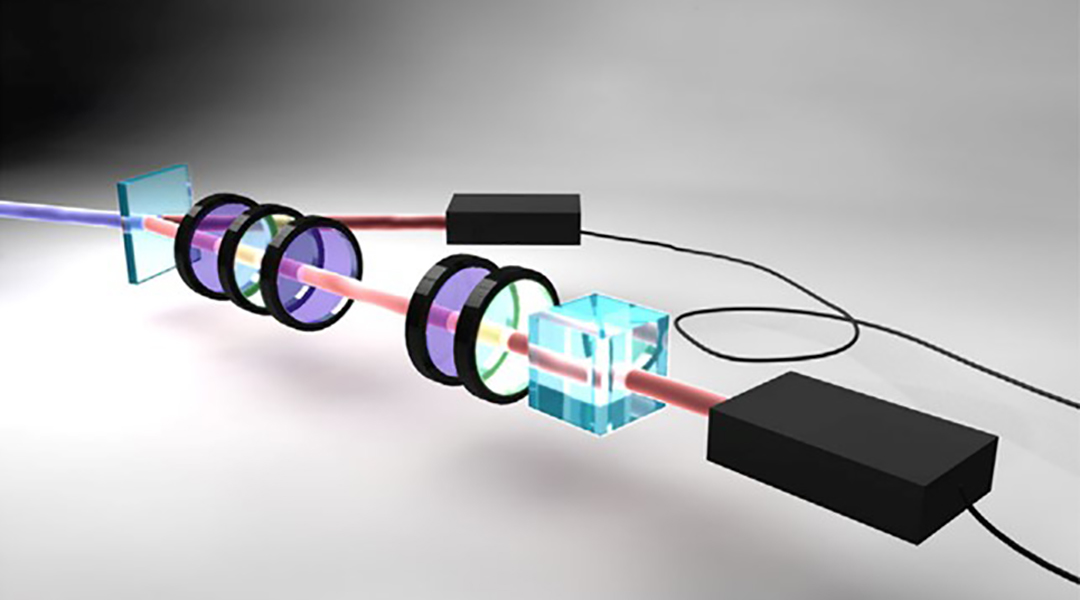

Quantum computing to process large amounts of data tested by bringing together complementary and versatile quantum processors.

Memristor-based sensing devices generate biological-like electrical signals that mimic those found in the brain for better computing.

A new approach to in-memory computing proposes a new set up to create an artificial synapse that can both store and process data.

A set of quantum computers was put to the test by playing the notorious triangle game.
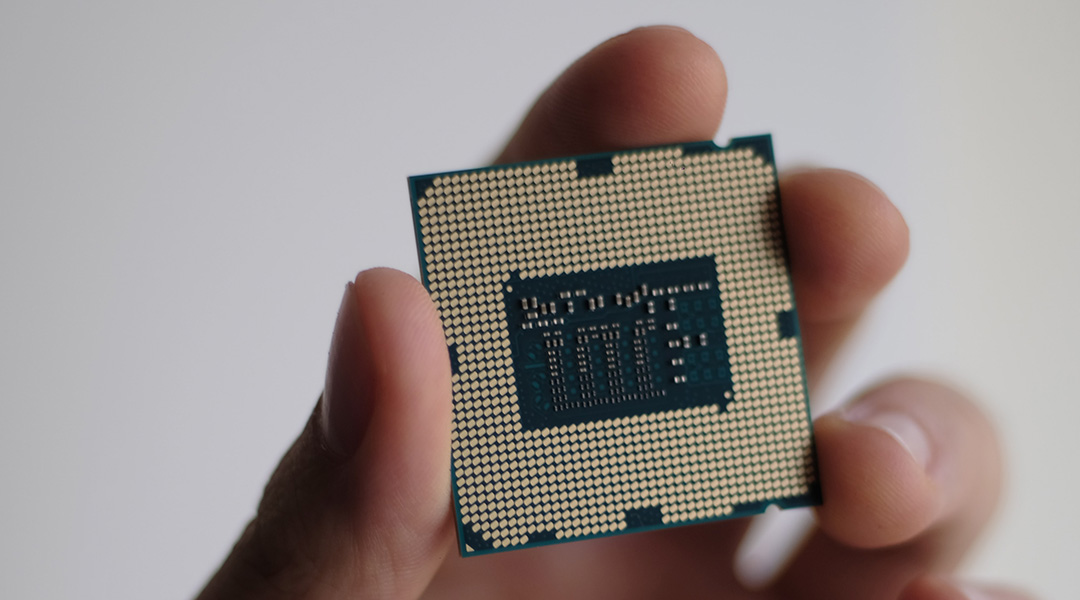
Using tiny batteries, researchers hope to power ever-smaller computers and advance the Internet of Things and ubiquitous computing.

The debate around COVID-19 boosters is highly nuanced, but a new computational model could help better inform policy around such measures in an evolving pandemic.
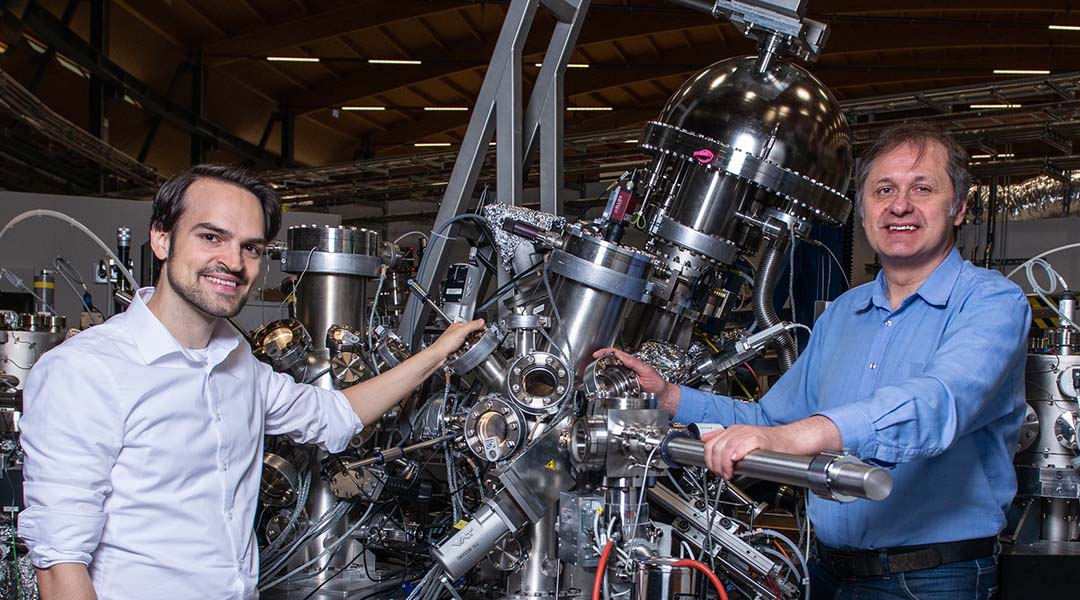
A new endeavor explores the idea of topological qubits that are easy to engineer for error-free quantum computing.
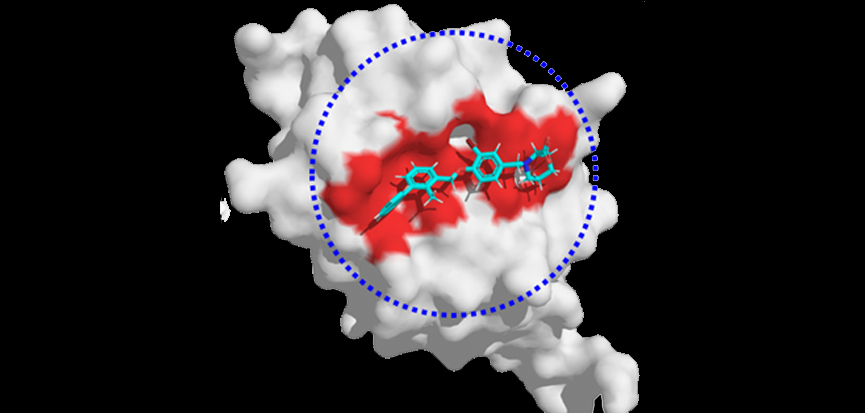
Artificial intelligence and machine learning are playing increasing roles in drug discovery, potentially saving significant time and money.

What good is a fast computer if you can’t rely on it?
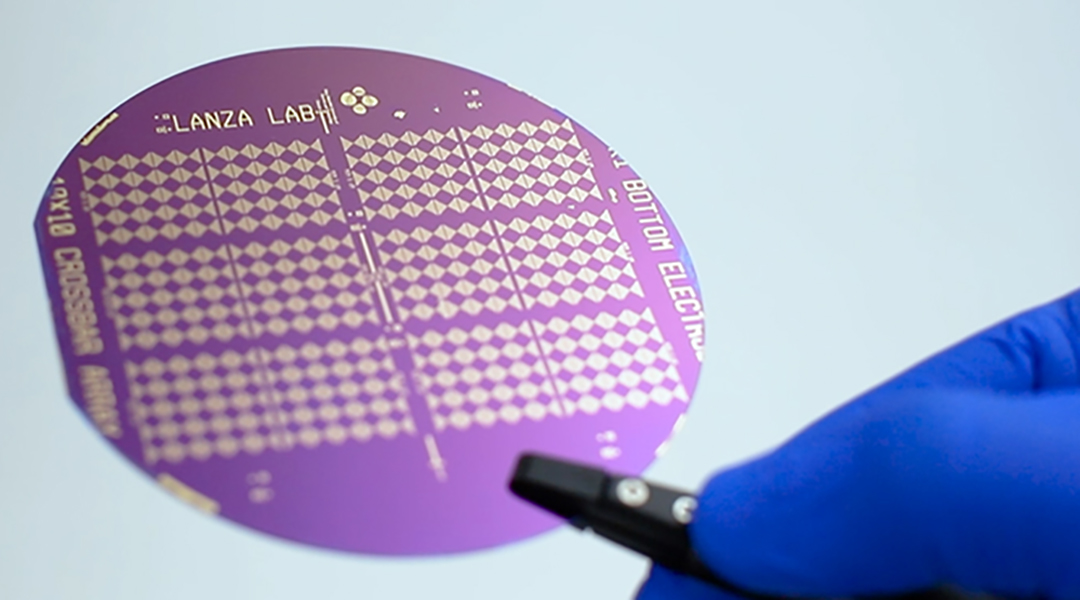
Using atomically-thin 2D films, researchers have developed a nano-scale random number generator with enhanced long-term stability and reduced power consumption.